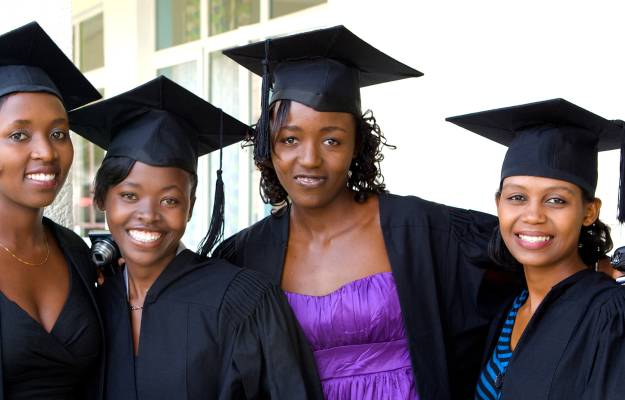
Rebuilding in Japan with Mercy Corps
The 2011 tsunami in Japan created tremendous upheaval and destruction in coastal communities throughout the country. To assist the rebuilding efforts, we donated a percentage of sales from our Secrets of Japan expedition to Mercy Corps, an organization committed to economic recovery in communities worldwide. Our donation directly contributed to Mercy Corps’ small business recovery program in Tohoku, a coastal region severely damaged in the tsunami.

Here, we speak with Jennifer Schmidt, director of corporate partnerships, about rebuilding efforts in Japan and Mercy Corps’ work around the world.
Tell us about Mercy Corps and its model.
We are a 34-year-old global humanitarian organization and a conduit for people who want to make a difference in the world. We believe in the power of people to transform their own lives. We’re Portland-based and have a large global team with locals making up 90 percent of our teams in countries worldwide. Local families are the face of our work, and we work to empower communities, as we believe they have the solutions to their problems. It’s a pretty neat model.
How did Mercy Corps approach recovery efforts in Japan?
The recovery efforts in Japan mirrored a lot of the work we do around the world. First we partnered with Peace Winds Japan to put a rapid response team on the ground and provide basic needs immediately after the disaster hit. With Japan, recovery was so difficult because of the scale of the disaster. It’s really hard to fathom. The storm was massive, towns were flattened, and the scale was something we had never seen before. There was so much need.
Most importantly, we focused on sustainable, long-term recovery efforts and building back better. We’re in it for the long haul. In Japan, we helped rebuild businesses through local nonprofits like PlaNet Finance, who provide micro-loans and grants to small businesses. Microfinance is a new concept in Japan, so we helped design the program and PlaNet Finance implemented it. It’s a very hands-off approach.
While local businesses are key to economic recovery, they’re also part of the social fabric. By helping people get jobs, we’re giving them somewhere to go and helping them contribute to their community. For example, in the disaster many family’s prized kimonos were dirtied or torn, so we provided support to a local kimono repair shop so families could have their beloved kimonos restored. In another case, access to common staples like seaweed was limited after the storm. So we supported a business that processed seaweed so the community could access important foods like sushi.
What other Mercy Corps projects have you’ve been personally moved by?
It’s hard to say, we have so many great projects. In Colombia, we have a excellent project supporting small coffee farmers who struggle to make a living. Though there was no natural disaster there, we worked to help farmers build better lives. Farmers live paycheck to paycheck and are only paid once a year.
So we asked how we could raise living standards in this situation. With partnered with a local nonprofit to teach farmers how to diversify their crops, adding vegetables to their coffee crop so they’d have backup food for their family and another source of income. We also taught them basic financial management to make their earnings last over the course of the year.
In Jakarta, Indonesia, we worked on a fun project to raise nutritional standards. Jakarta has high rates of malnutrition in children. In the communities where our teams live, most people live in shacks with no kitchen, so families always eat street food because it’s plentiful and cheap.
The problem is that most street food is fried and sugary with no nutritional value. So we asked how we could provide nutritional, affordable food to the community. We came up with KeBAL, colorful, mobile food carts serving affordable, nutritional food like veggie snacks, tempe and porridge. Through a model similar to franchising, we employed local entrepreneurs and trained them to bring KeBal into their communities.
What you like most about your work?
I originally worked in environmental advocacy with communities who want to build a better community. I am inspired by Mercy Corps commitment to economic empowerment. There is a large movement of people who care about helping others a world away.
I’m jazzed when businesses and nonprofits come together to create change. Companies can make a huge difference. Employees and customers can all get involved and together bring global economic empowerment to new audiences.
How can our readers get involved and make a difference?
There are many communities that need our help. They can read about our work on our website, tell others about our work around the world, make a contribution or contact me directly.
To learn more about our efforts around the world please visit our Philanthropy page.

